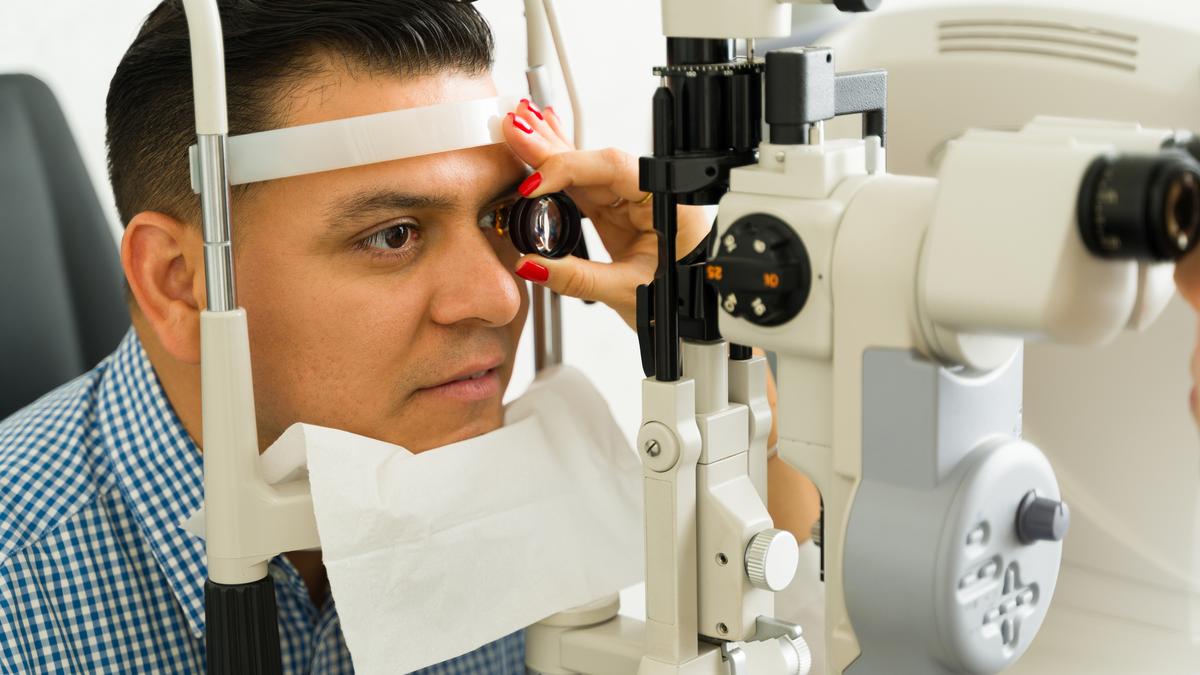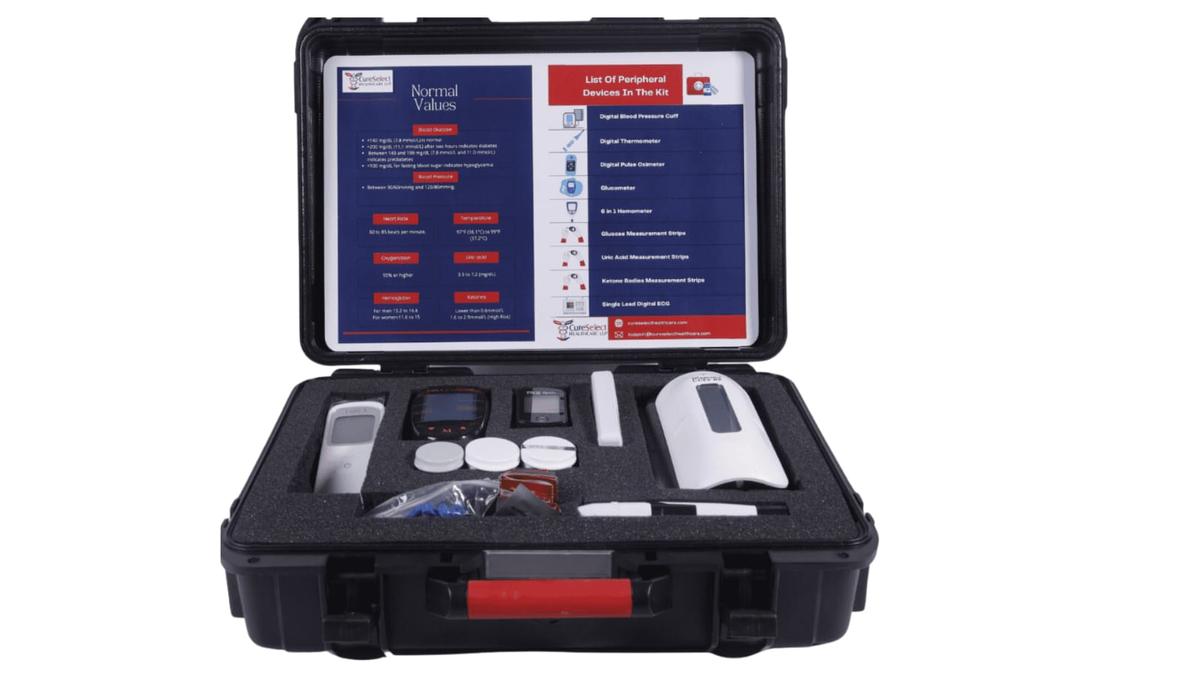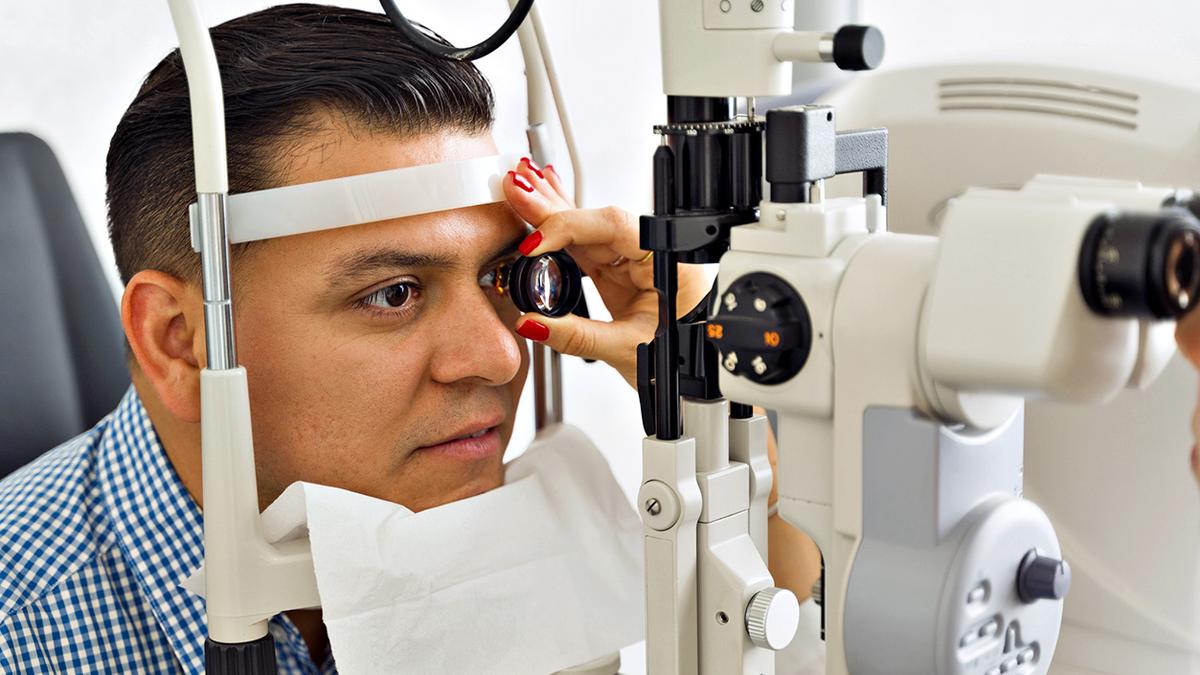Zeiss India sets up research lab for AI in eyecare at IISc


Attentive ophthalmologist examines a patient’s eyes using specialized equipment during a comprehensive eye examination
| Photo Credit: Getty Images
Optics and optoelectronics technology company Zeiss India has collaborated with the Indian Institute of Science (IISc) to start a research lab for AI in eye care at the IISc campus.
The initiative aims to leverage AI to drive advancements in eyecare solutions and enable researchers at IISc to explore the technology’s potential in facilitating early diagnosis, treatment personalisation, and accessibility in ophthalmology.
Ashish Modi, Head of Centre of Application Research India (ZEISS India’s R&D Division), told The Hindu that the lab is being set up with high-end IT infrastructure for Master’s and PhD students.
“We will sponsor these students. As of now, we have two Master’s students who have enrolled and we are looking for two PhD students,” said Mr. Modi adding that the plan is to have around 8-10 researchers working in the lab over the next three years.
Creating database
The lab which is part of Zeiss India’s CSR initiative would initially look at research on creating datasets for glaucoma, AI-enabled early screening of diabetic retinopathy and early identification of ageing-related cognitive impairment.
On top of this, it would also look at building handheld devices that can be taken to remote areas, enabling AI to do large-scale screening, thereby reducing the load on healthcare workers, and working with hospitals to gather, standardise and annotate data to develop high quality data.
Intertwining two
Dr. Rajesh Sundaresan, Dean – Department of Electrical Communication Engineering, IISc, told The Hindu that the lab fits well into the institute’s plan of setting up a medical school and hospital.
“Clinical research is somewhat separated from practice in India. Intertwining these two is important and the hospital at IISc is one such experiment. We have to think of healthcare, diagnostics and delivery of healthcare in a modern way, and AI can enable the acceleration of better healthcare today. There is a concerted effort to bring together AI-enabled healthcare with the hospital and the medical school, and the technology and science at IISc,” he said.
Published – February 18, 2025 06:01 pm IST





